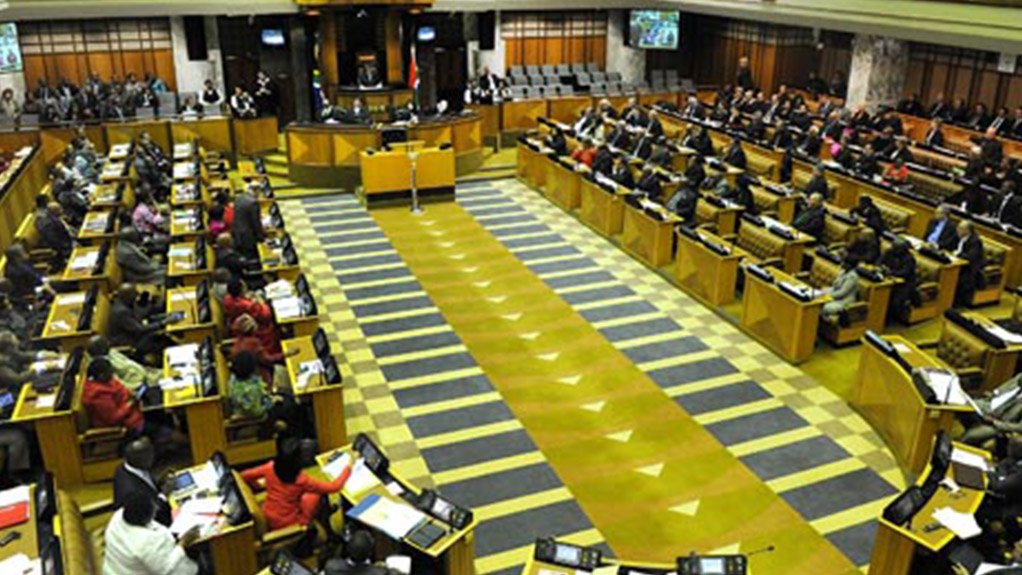Not everything the public finds interesting about activities in the parliamentary chambers are in the public interest, the Western Cape High Court heard on Friday.
Jeremy Gauntlett, for Parliament, told a full bench of judges that the institution had a policy restricting wide-angle shots in the case of grave disturbances and unparliamentary behaviour as a form of "anticipatory control".
Parliament had a right and responsibility to control unrestrained situations where hate speech might be broadcast or where there could be violence or demonstrations, he said.
He referred to the fatal stabbing of former prime minister Hendrik Verwoerd in the old National Assembly on September 6, 1966, as an example.
"Whatever one's view of the late prime minister, it is that kind of episode which is a grave disturbance," Gauntlett said.
The policy on live feed did not restrict media in the Chamber from documenting such events for posterity.
Gauntlett was responding to an application for an urgent interim order enforcing uninterrupted audio and a wide-angle shot of the Chamber during disruptions, pending final relief.
The application was brought by Primedia Broadcasting, Media24, the South African National Editors' Forum, and two other parties.
At present, the policy gave the parliamentary broadcasting director the discretion to use occasional wide-angle shots during cases of unparliamentary behaviour.
There was no provision for such a shot during a grave disturbance and the policy did not define what such a disturbance entailed.
During President Jacob Zuma's State of the Nation address in Parliament on February 12, the eviction of Economic Freedom Fighters MPs from the House was not broadcast.
Instead, the camera focused on Speaker Baleka Mbete and National Council of Provinces chairperson Thandi Modise.
Before this happened, journalists and some MPs protested against cellphone signals being blocked in the House.
As a result of undertakings by Parliament, the applicants were no longer asking for interim relief to ensure there was no jamming of signal during sittings or meetings.
In the final relief, likely to be argued next month, the applicants wanted any temporary order on the audio and wide-angle shot to be made final.
The applicants wanted the court to declare that the manner in which audio and visual feeds were produced on February 12 was unconstitutional and unlawful.
They also wanted the court to find that the section on grave disturbances and unparliamentary behaviour in Parliament's filming and broadcasting policy was invalid.
An order forcing Mbete, Modise, and Secretary to Parliament Gengezi Mgidlana to investigate who was responsible for the signal jamming was also being sought.
The outcome of the probe should be submitted to the court.
On Friday, Gauntlett carefully made a parallel between the live feed in the National Assembly and the issue of televising court proceedings, arguing that the right to broadcast activities in these institutions was not absolute.
He asked that the application for interim relief be dismissed with costs as it was misconceived and not urgent.
EMAIL THIS ARTICLE SAVE THIS ARTICLE
To subscribe email subscriptions@creamermedia.co.za or click here
To advertise email advertising@creamermedia.co.za or click here











